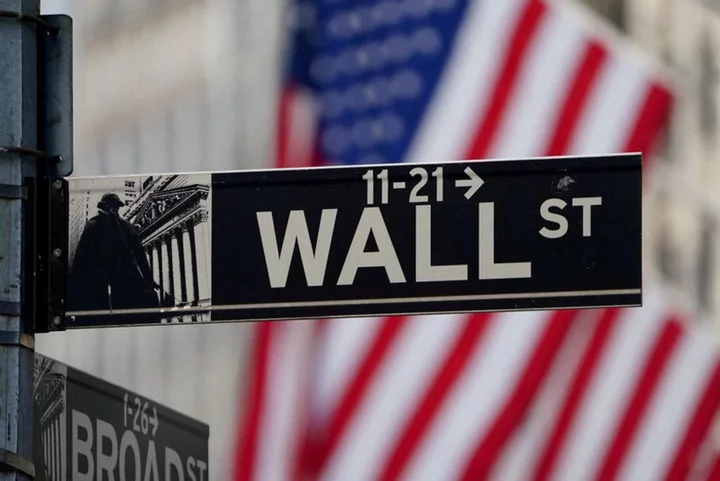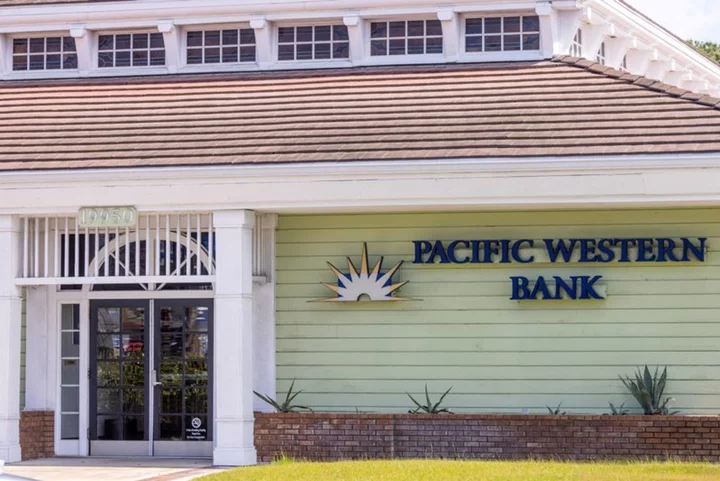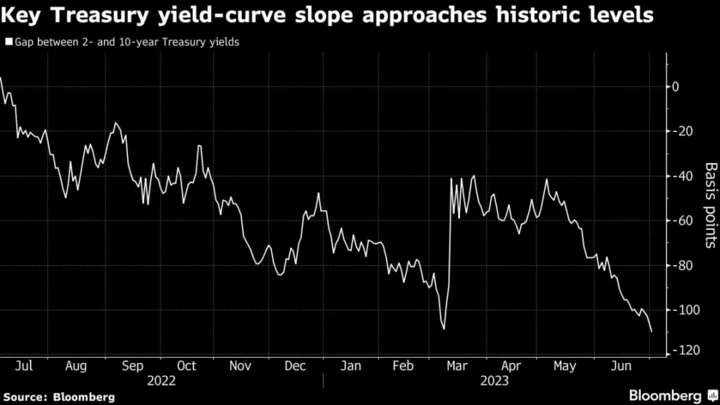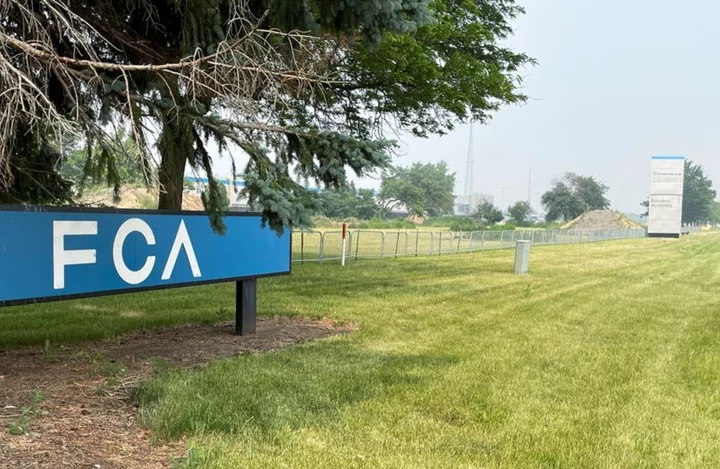By Matt Tracy
Rising borrowing costs made a slight dent in U.S. companies' ability to make interest payments on their debt in the third quarter despite a boost in earnings, according to BofA Global Research.
High-grade corporate borrowers' average interest coverage ratio - how many times over a company's income covers their interest payments - fell to 10.71x last quarter from 11.24x in the second quarter, the Tuesday report's authors found based on preliminary data for 75% of companies in BofA's sample that tracks public debt issuers.
Coverage ratios hit their lowest since the first quarter of 2021, when companies in many sectors struggled with pandemic-related supply cost increases and weak demand.
But the most recent decline came at the same time that company earnings grew. Median year-over-year earnings growth jumped 4.2% in the third quarter, from 0.6% in the second quarter, according to BofA Global.
Borrowers' weaker interest coverage stems from higher borrowing costs, the report noted. The median cost of debt increased to 3.77% in the third quarter from the second quarter - its highest since the fourth quarter of 2018. Companies' gross debt was little changed, but net debt growth turned negative for the first time since the third quarter of 2021.
This has led to slightly improved leverage on companies' balance sheets, as higher-rated borrowers used their earnings to pay down some of their outstanding debt and ease pressure on refinancing costs.
"(Investment-grade) issuers continued to manage their balance sheets conservatively in 3Q," wrote Yuri Seliger, credit strategist at BofA Global.
(Reporting by Matt Tracy; Editing by Chizu Nomiyama)









